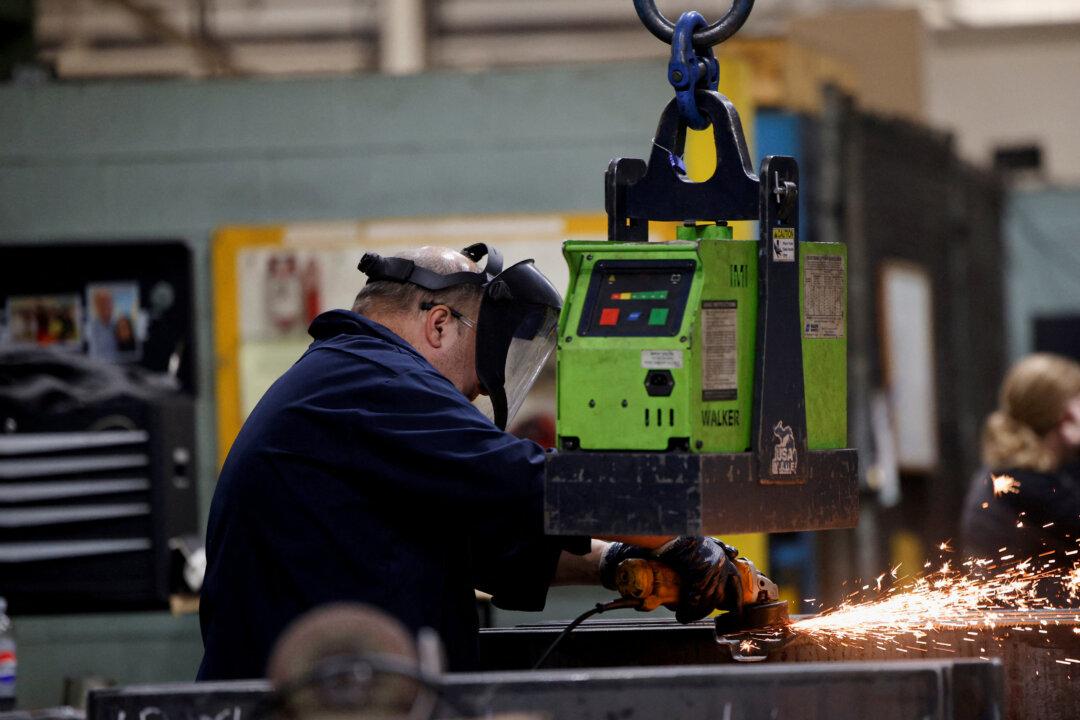News Analysis
Prime Minister Mark Carney has brought the Liberal Party back from the brink of electoral defeat, securing re-election and three seats shy of a majority in the House of Commons.

Prime Minister Mark Carney has brought the Liberal Party back from the brink of electoral defeat, securing re-election and three seats shy of a majority in the House of Commons.